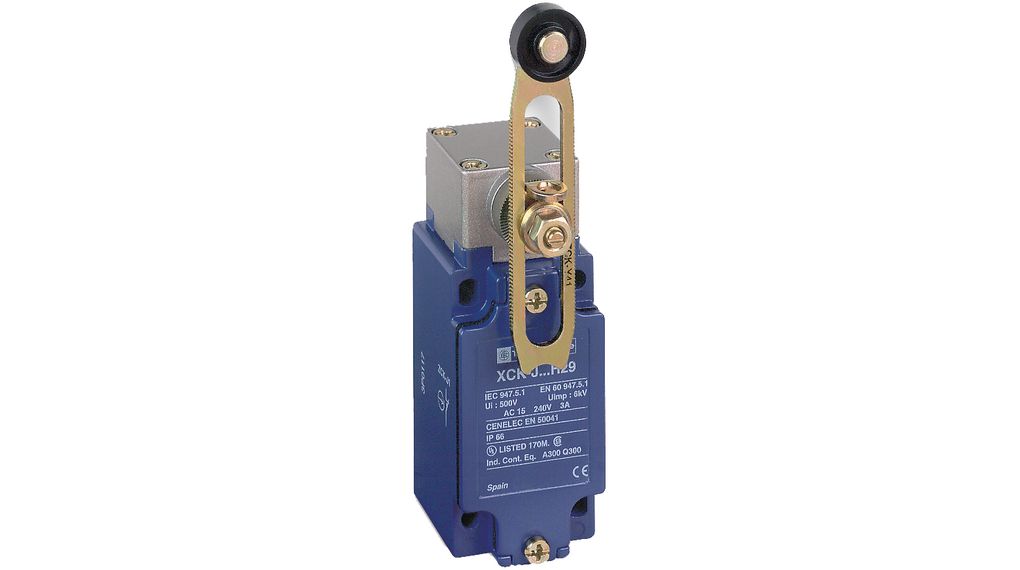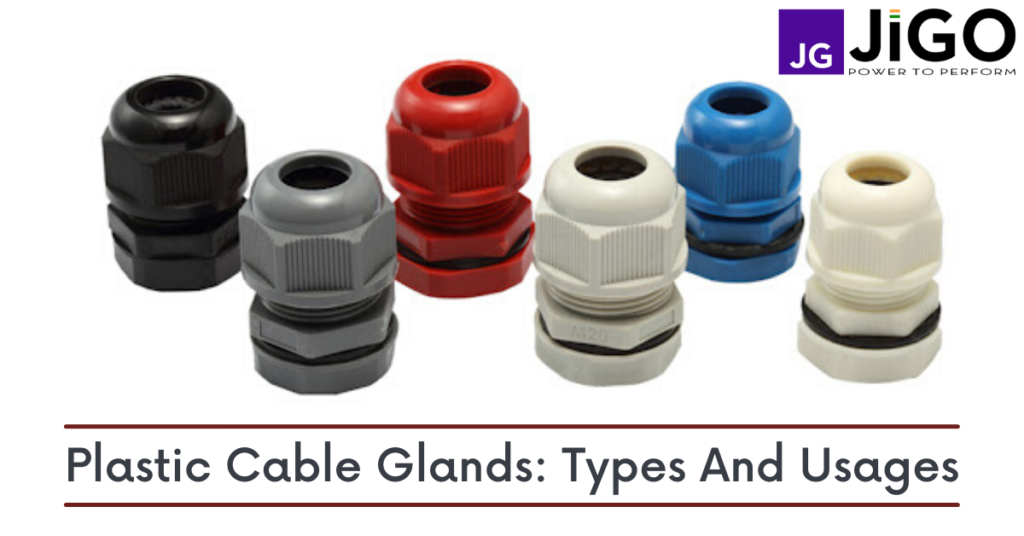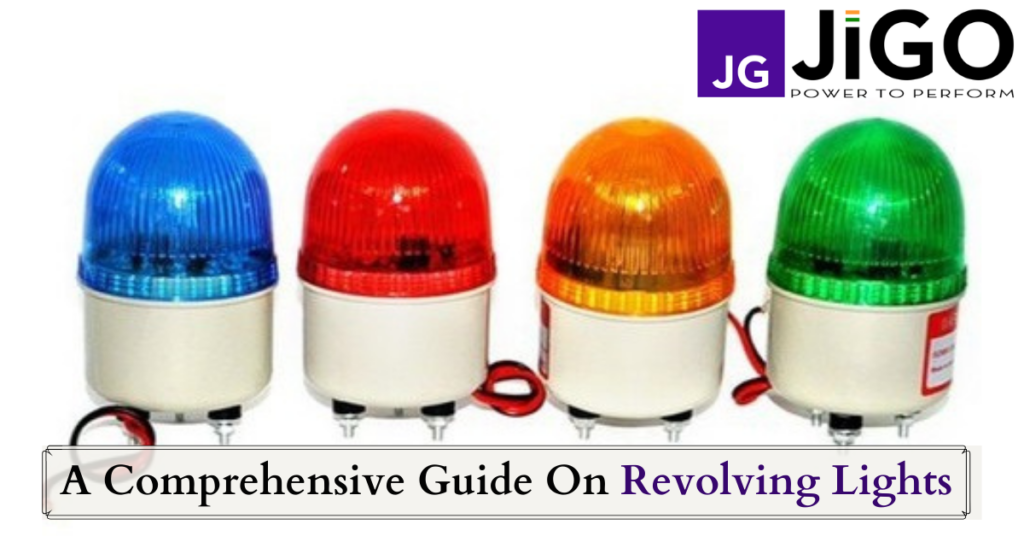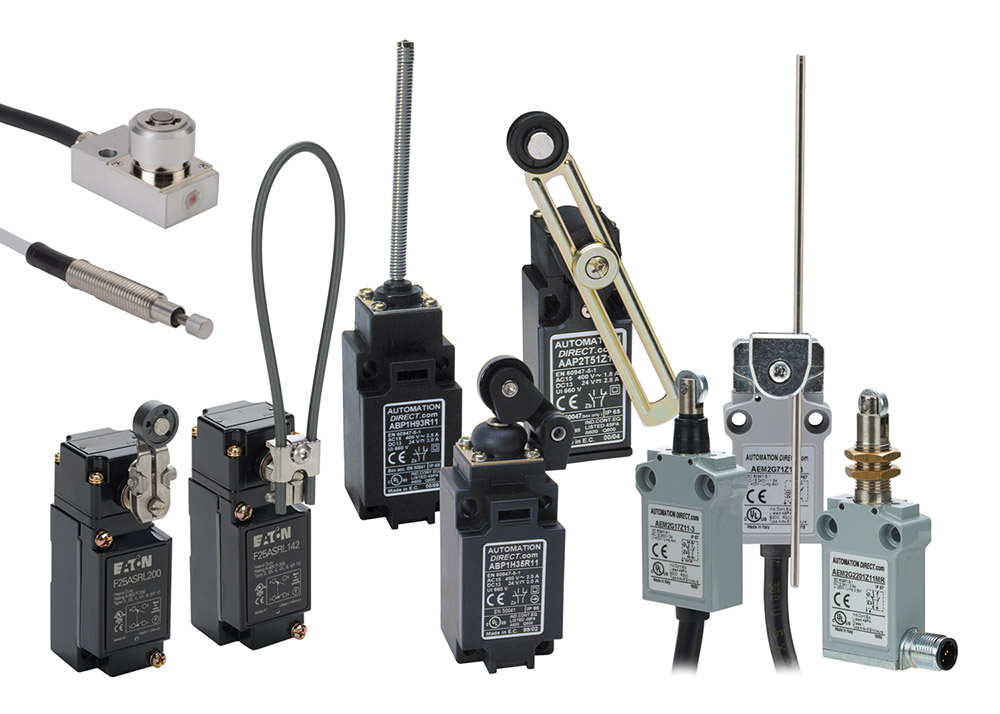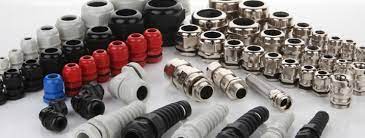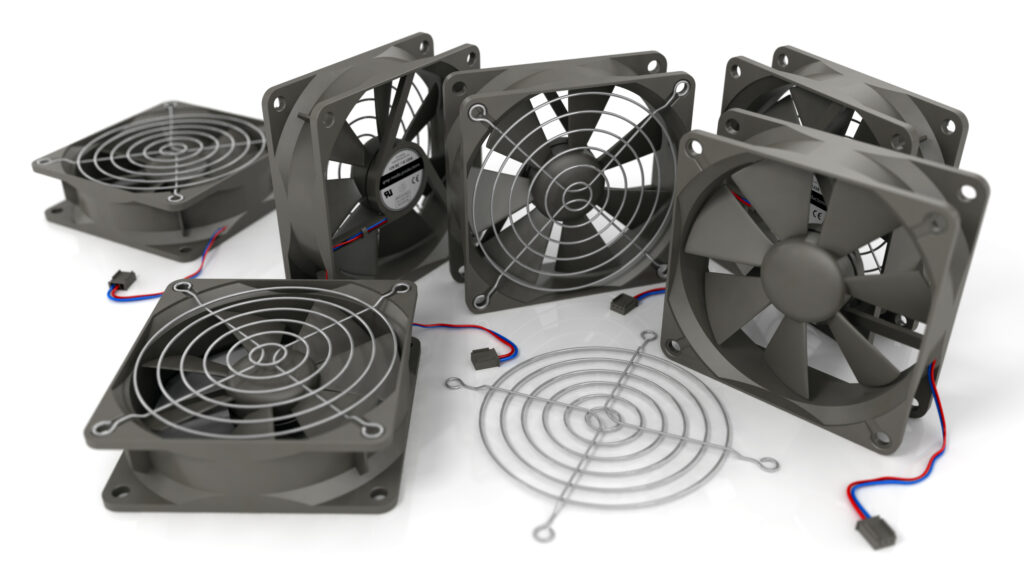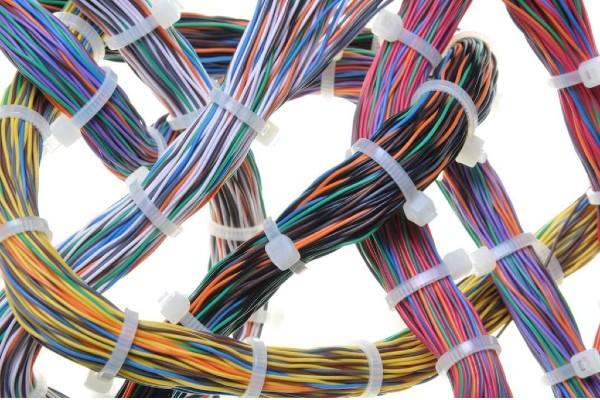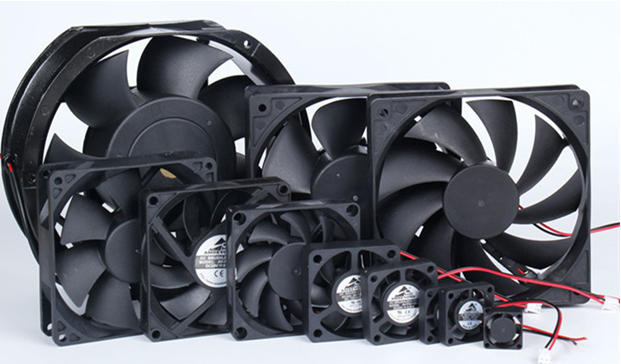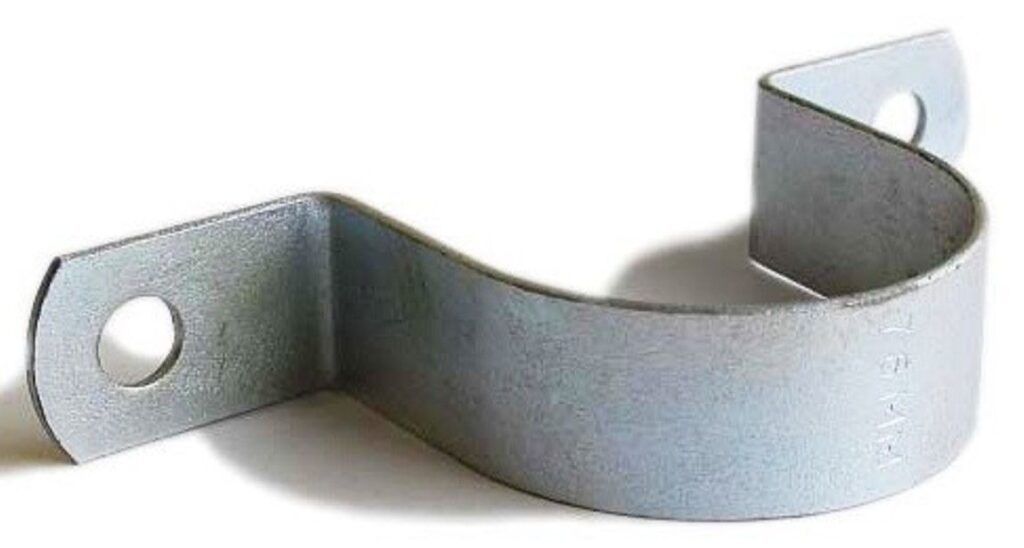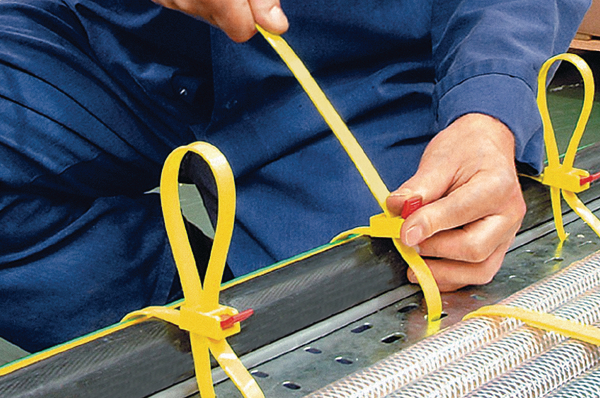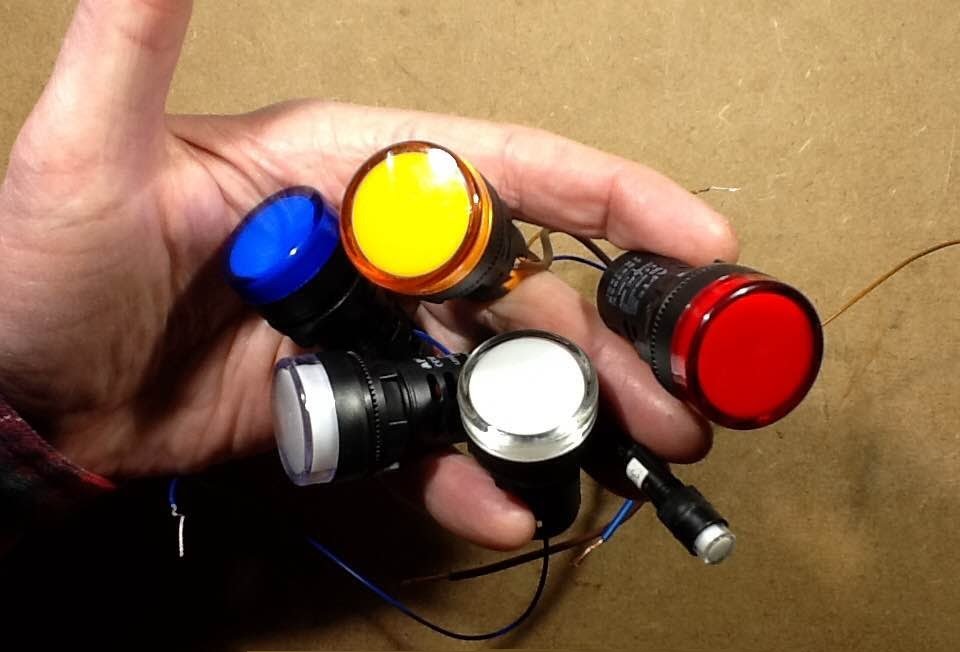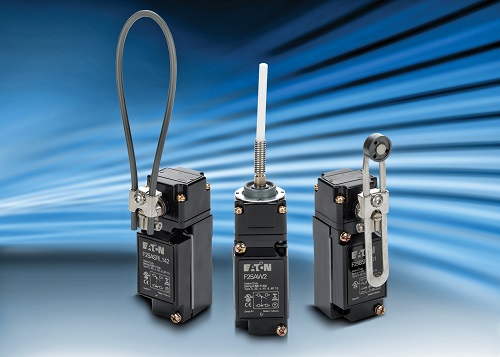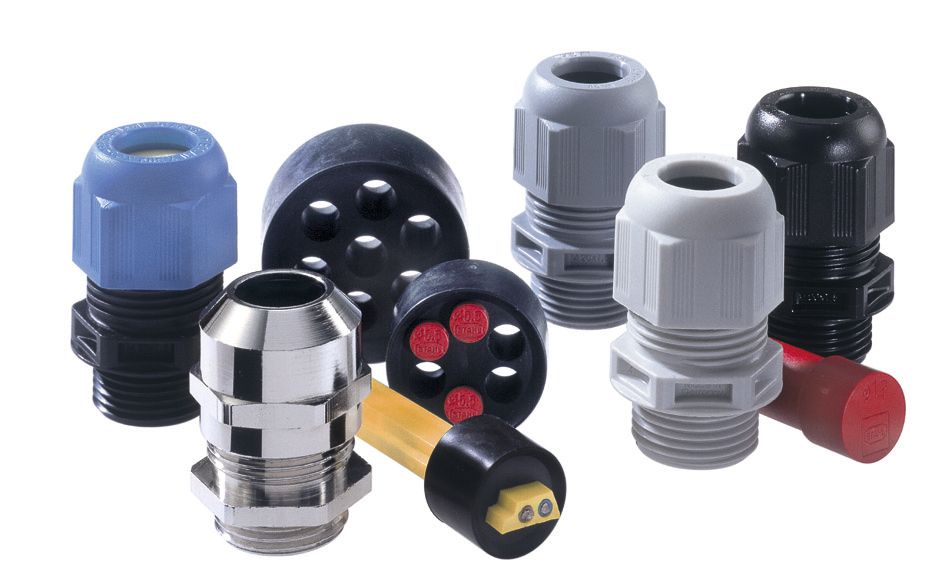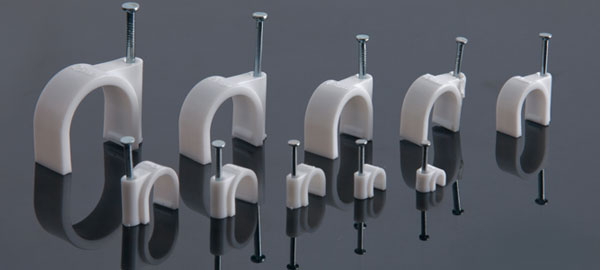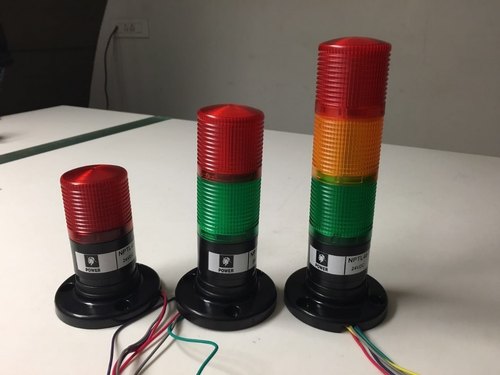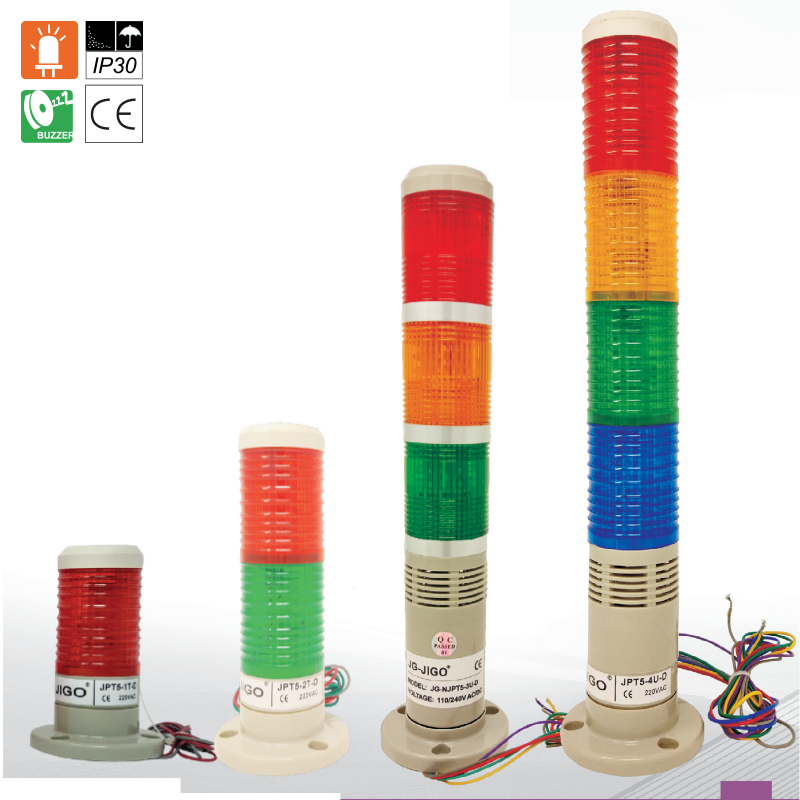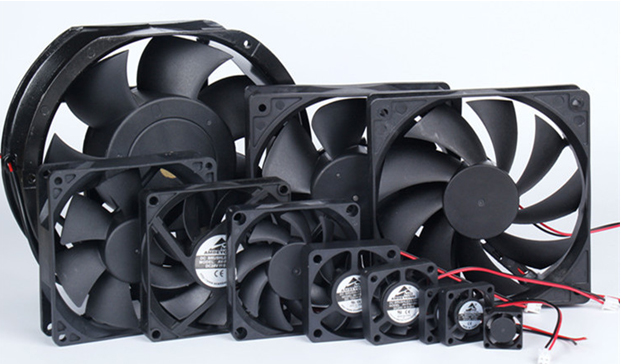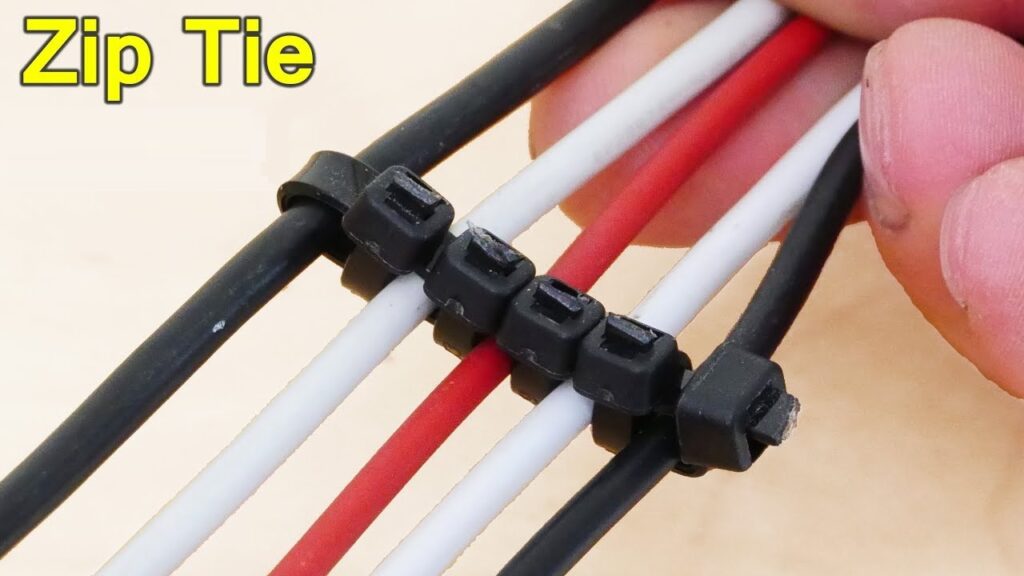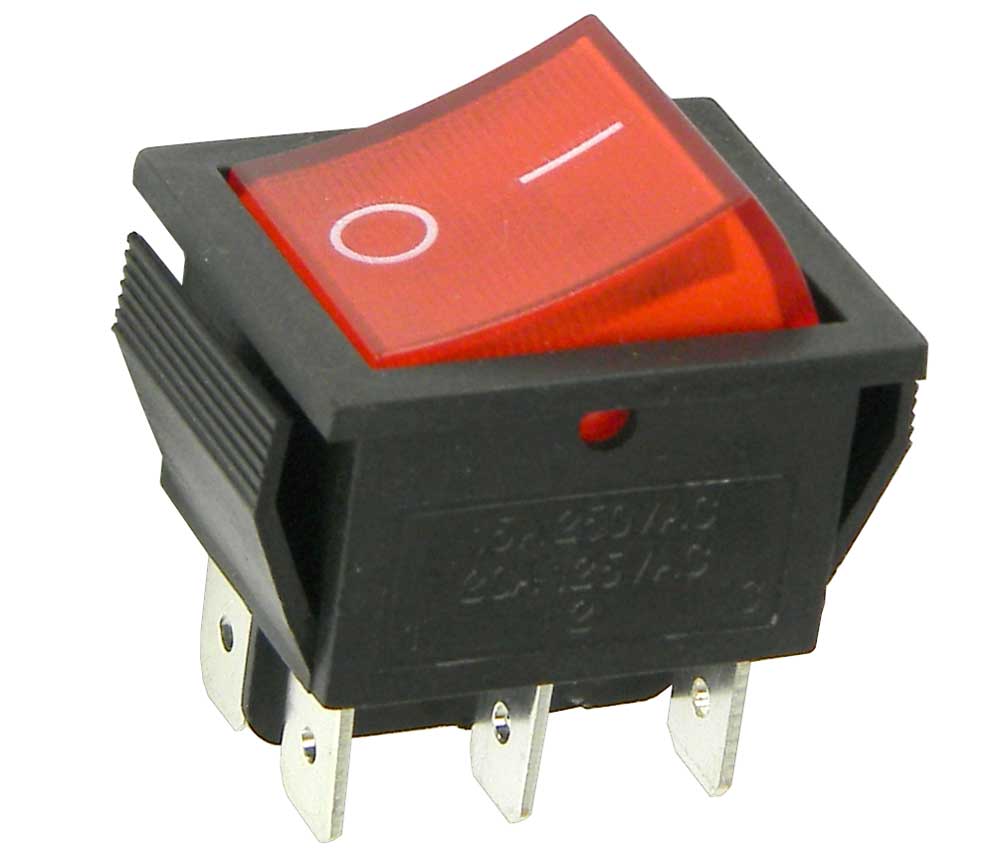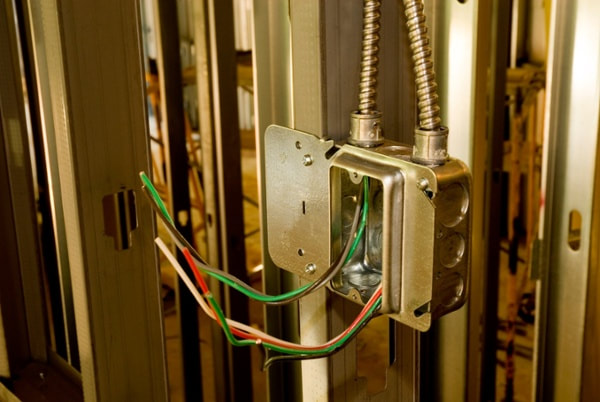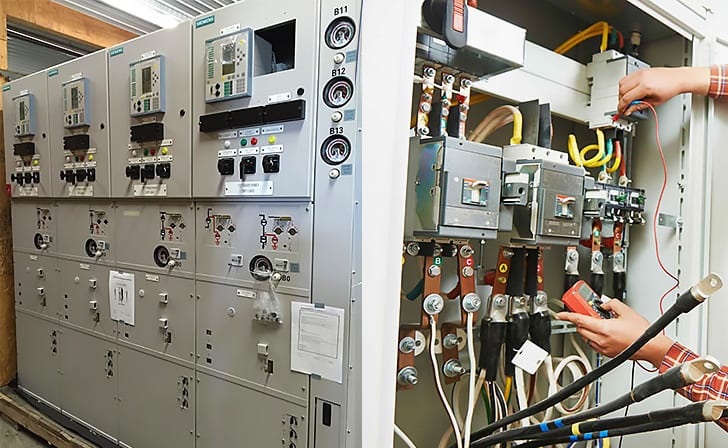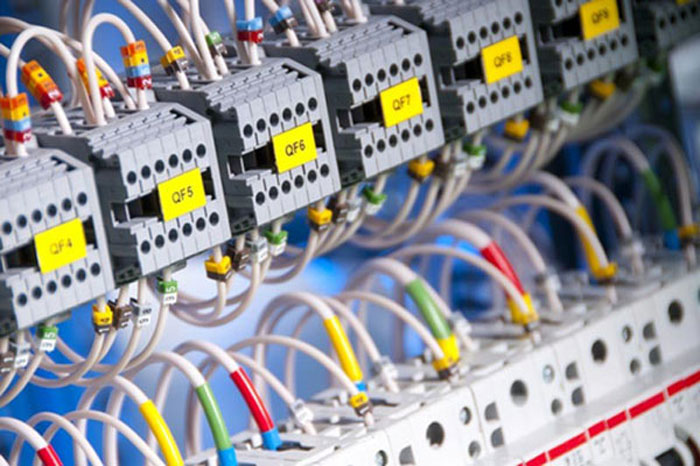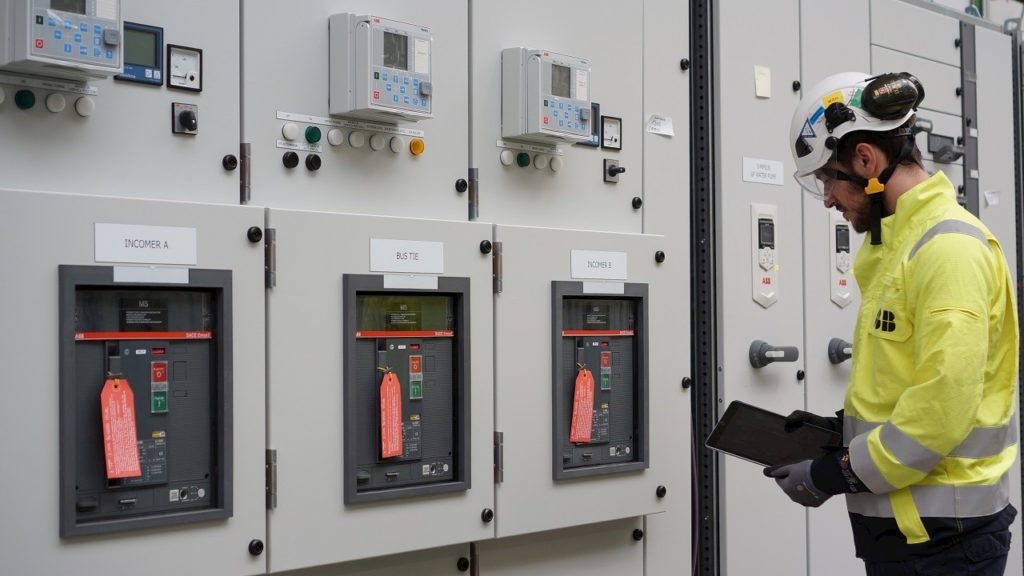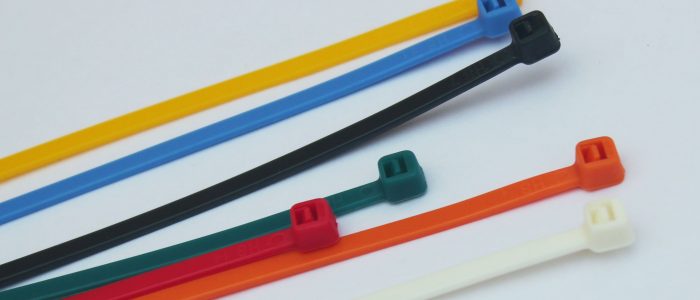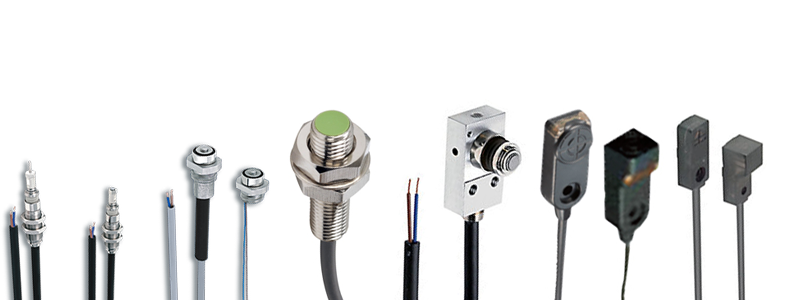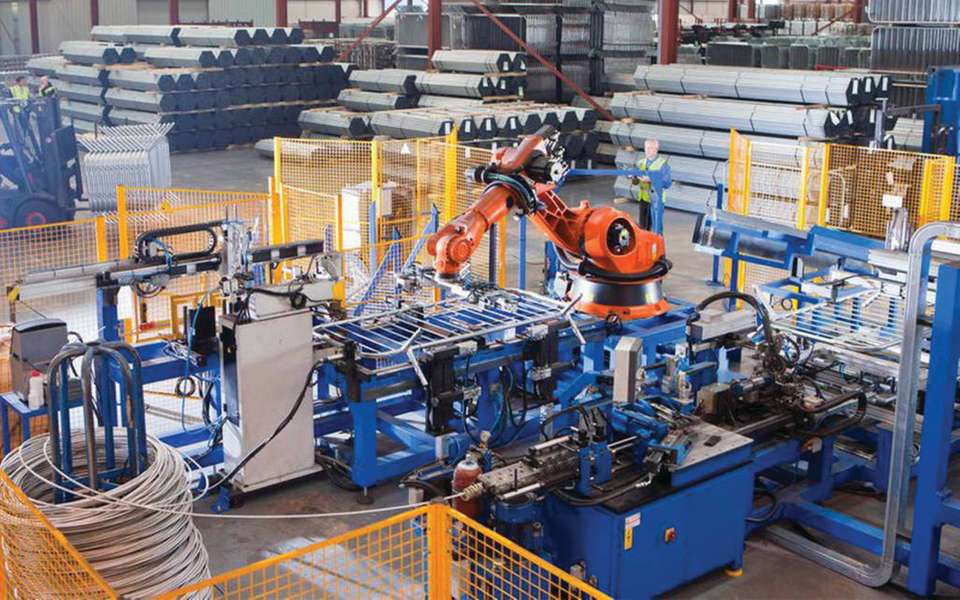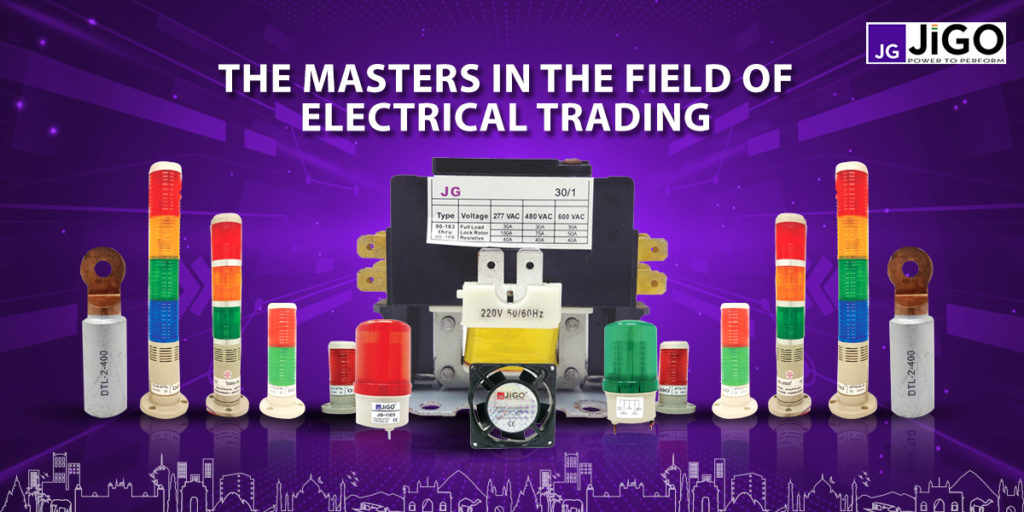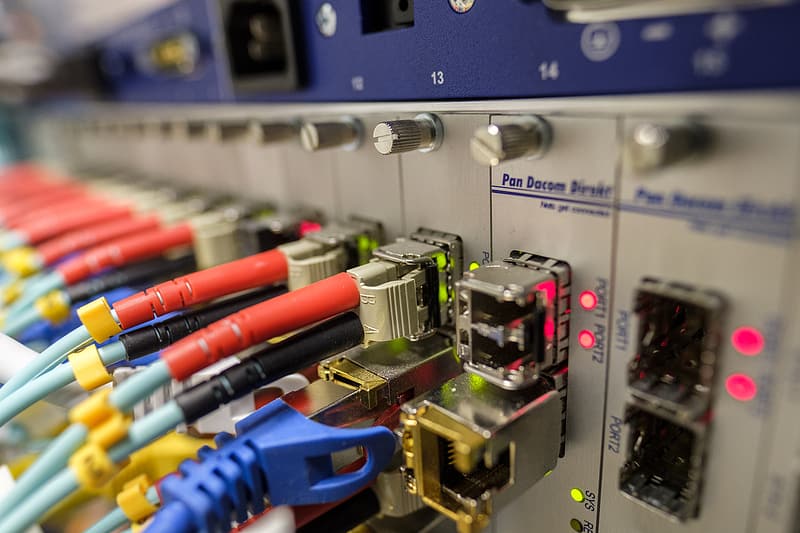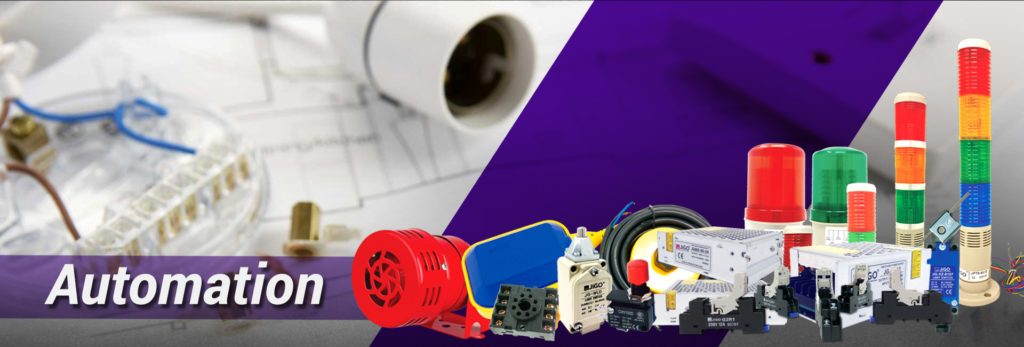
Types Of Cable Ties To Buy
Cable ties are basically fasteners that properly bundles the hefty amount of cables and wires so as to keep them organized. Various industries use cable ties for their various functions, but managing cables and wires is common between all the industries. They come in various sizes, lengths, materials and colors as well.
There are various types of cable ties and all of them has their own usefulness, so let’s learn about them:
- Nylon Cable Ties – Nylon is the most common material used for making cable ties because of its very good thermal and abrasion resistance. Nylon cable ties can also stabilize heat at high temperatures of up to 250°F. Nylon 6/6, is the grade which is mostly used for cable ties, meets higher flammability ratings and has a working temperature range from -40°F to 185°F.
- Stainless steel cable ties –Stainless steel cable tiles can tolerate extremely high temperatures ranging from –328°F to 1000°F and also provides high tensile strength. There are two types of stainless steel which are used for making cable ties- 304 and 316. 304 is used for general activities, like for indoor and outdoor applications and 316 is used when corrosion is a threat.
- Polypropylene cable ties– Polypropylene cable ties are chemical resistant. Acids, neutral and basic salts and polyhydric alcohols are very well resisted by polypropylene cable ties. It is superbly flexible and can also resist UV exposure.
- Low density polyethylene cable ties – Low density polyethyleneare highly ductile in nature and less than average tensile strength. It’s not commonly used for making cable ties. However, it stretches and conforms well to surfaces and has excellent chemical resistance. For these reasons, it’s often used for ties that are meant to bundle cables temporarily.
Cable Ties are of utmost importance in almost all the industries because of their useful features. It is used in industries like aerospace, automotive, consumer appliances and electronics, construction and mining, equipment manufacturing and enclosure and cabinets.



